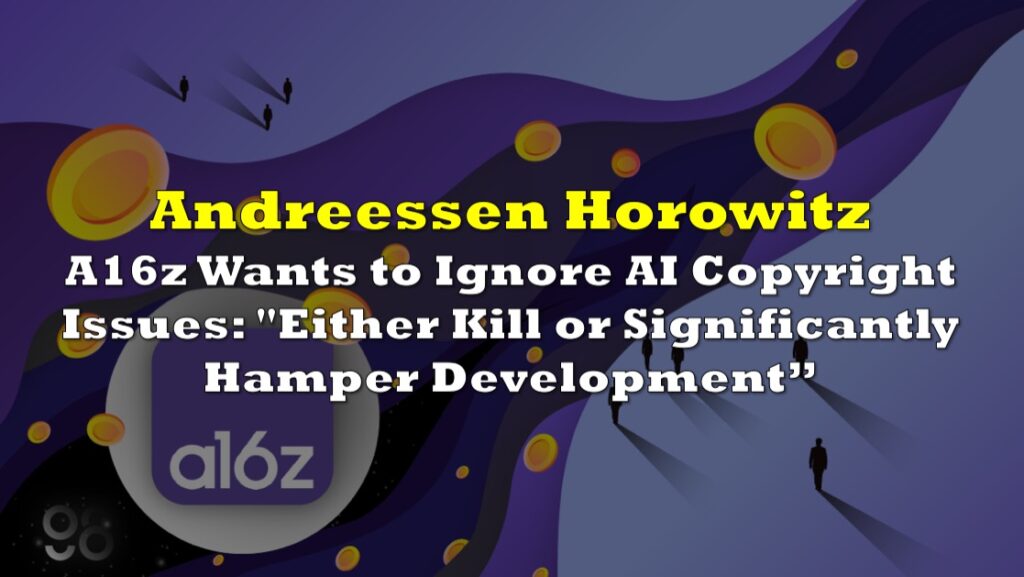Meta Platforms, Inc. (NASDAQ: META), the parent company of Facebook and Instagram, has announced plans to integrate a growing number of AI-generated profiles into its social media platforms. These profiles—complete with bios, profile pictures, and the ability to generate and share content—are central to Meta’s strategy to boost engagement and attract a younger audience amid fierce competition in the social media landscape.
However, experts are raising alarm over the potential risks posed by this technology, from misinformation to declining content quality.
Connor Hayes, Vice President of Product for Generative AI at Meta, described the company’s vision for these AI-generated users, stating, “We expect these AIs to actually, over time, exist on our platforms, kind of in the same way that accounts do.” Hayes emphasized that Meta’s goal is to make interactions with these AI profiles as seamless and engaging as interactions with human users.
Since launching its AI character creation tool in July, Meta has seen over 100,000 AI profiles created, although most remain private. The company aims to expand access to this tool globally, envisioning a future where AI accounts could become commonplace across its platforms.
Hayes also noted that many creators are already leveraging Meta’s generative AI tools for content enhancement, such as photo editing. Yet, the company’s long-term ambitions extend far beyond auxiliary tools. By 2026, Meta plans to launch text-to-video generation software, allowing creators to insert themselves into AI-generated videos.
Meta is not alone in integrating generative AI into its platforms. Rival companies like Snap Inc. (NYSE: SNAP) and ByteDance, the owner of TikTok, are rolling out similar technologies. Snapchat’s generative AI tools have led to a 50% year-over-year increase in users engaging with its augmented reality features. Meanwhile, TikTok is testing “Symphony,” a suite of AI-driven advertising tools that create videos, avatars, and multilingual content.
This surge of AI innovation reflects the tech industry’s broader race to harness generative AI to retain user bases and monetize content. For Meta, which serves over 3 billion monthly active users across its platforms, the stakes are particularly high as it strives to capture the attention of younger demographics increasingly drawn to competitors.
Meta confirms they plan to add tons of AI-generated users to Facebook and InstagramThey will have bios, profile pics and can share content(via Financial Times)
— Culture Crave 🍿 (@culturecrave.co) 2024-12-30T04:04:14.836Z
The Risks of AI Saturation
Despite its potential for driving engagement, Meta’s strategy has sparked significant concerns. Becky Owen, a global marketing expert and former head of Meta’s creator innovations team, highlighted the dangers of AI-generated content being used maliciously.
“Without robust safeguards, platforms risk amplifying false narratives through these AI-driven accounts,” Owen warned. These risks range from the deliberate spread of misinformation to more subtle forms of manipulation, such as shaping public opinion or promoting specific ideologies without transparency.
Owen also pointed out that the influx of AI-generated content might undermine human creators. “Unlike human creators, these AI personas don’t have lived experiences, emotions, or the same capacity for relatability,” she explained. “This could erode confidence among users and flood platforms with low-quality material.”
Meta has attempted to address these issues by mandating that all AI-generated content be clearly labeled on its platforms. However, critics argue that such measures may be insufficient to counteract the broader implications of AI saturation.
Experts in digital ethics and media literacy have expressed additional concerns. They warn that the sheer scale of AI-generated content could overwhelm users’ ability to discern truth from falsehood. This phenomenon, known as “information pollution,” could erode trust in digital platforms.
The possibility of AI-generated profiles being weaponized for political or financial gain adds another layer of complexity. “When AI can mimic human behavior and communication, it becomes a powerful tool for those seeking to manipulate public discourse,” said Dr. Alex Warner, a digital ethics researcher at Stanford University.
Information for this briefing was found via Financial Times and the sources mentioned. The author has no securities or affiliations related to this organization. Not a recommendation to buy or sell. Always do additional research and consult a professional before purchasing a security. The author holds no licenses.









